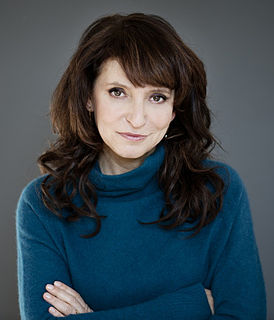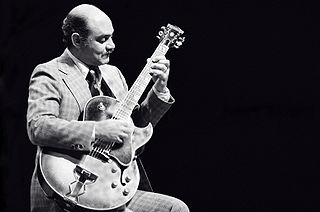A Quote by Pratik Gandhi
I used to wake up in the morning, rehearse for two hours, leave for office, travel an hour-and-a-half, then go for shows in the evening.
Related Quotes
Four hours of makeup, and then an hour to take it off. It's tiring. I go in, I get picked up at two-thirty in the morning, I get there at three. I wait four hours, go through it, ready to work at seven, work all day long for twelve hours, and get it taken off for an hours, go home and go to sleep, and do the same thing again.
It’s much harder for me... I think it’s different when you have an office job, because it’s routine and, you know, you can do all the stuff in the morning and then you come home in the evening. When you’re shooting a movie, they’re like, 'We need you to go to Wisconsin for two weeks,' and then you work 14 hours a day and that part of it is very difficult. I think to have a regular job and be a mom is not as, of course there are challenges, but it’s not like being on set.
What meaning do our lives have if we cannot set aside at least one hour a day out of 24 for thinking about God? Think how many hours we spend reading the newspaper, gossiping and doing various useless acts! Children we can definitely set aside an hour for sadhana if we really want it. That is our real wealth. If we cannot spare a whole hour at a stretch, keep apart half an hour in the morning and again in the evening.
I grew up playing the guitar. I started when I was nine, and by the time I was nine and a half or ten, I was doing seven or eight hours' practice every day. I did two hours' practice at six o'clock in the morning before I went to school, and another two hours as soon as I got home from school in the afternoon. Then I did four hours at night before I went to bed. I did that until I was fourteen or fifteen.
I've done panel shows, which I enjoy, and on those you're recording half-an-hour of TV and sometimes they film for two hours. But with 'Britain's Got Talent,' you're on camera for eight hours, with a large theatre audience watching - and in between you're being filmed for ITV2 as you eat your lunch.
Here's a pointer culled from the careers of men who have attained notable success: Don't sit in your office during the hours prospects can be seen. Do your office work before or after the hours during which possible customers can be reached. This may mean adding an hour or two quite often to your day's work; but in times like this particularly, the securing of a satisfactory amount of business through the expenditure of an extra hour or two a day is not an unreasonable price to pay.




































